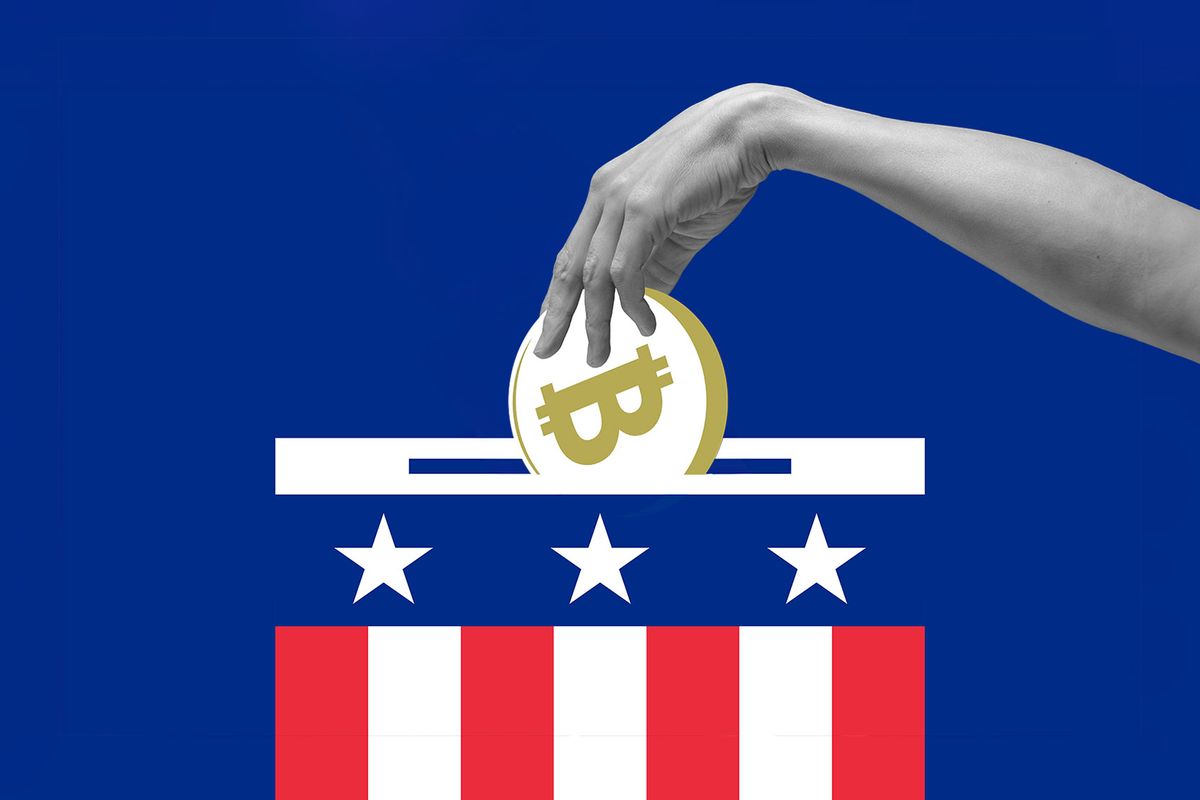
The need to regulate cryptocurrencies is loud and clear
Live MintIn March 2020, in a magisterial judgement, the Supreme Court set aside a circular of the Reserve Bank of India that banned regulated entities from providing any service related to the purchase and sale of virtual currencies. Whether any product, service or activity merits regulation and supervision depends on the risk of potential market failures or externalities that could imperil financial stability. Non-unique crypto risks may include the operational risk of hacking, as also the usual market, credit and counterparty risks—in the absence of regulatory protections such as deposit insurance or a liquidity facility from central banks—that non-bank finance products grapple with, too. A global fintech survey conducted by the International Monetary Fund and World Bank in early 2019 found that most jurisdictions agree that while crypto-assets present risks to investors, they do not yet threaten financial stability. This will help enhance confidence among market stakeholders and also build regulatory and supervisory capacity, while permitting empirical evidence to be garnered on possible risks.
History of this topic

CEA Anantha Nageswaran calls for cost benefit analysis of cryptocurrencies. Here’s what he said
Live Mint
RBI Governor Shantikanta Das Warns of Huge Risks to Financial Stability from Cryptocurrencies
New Indian Express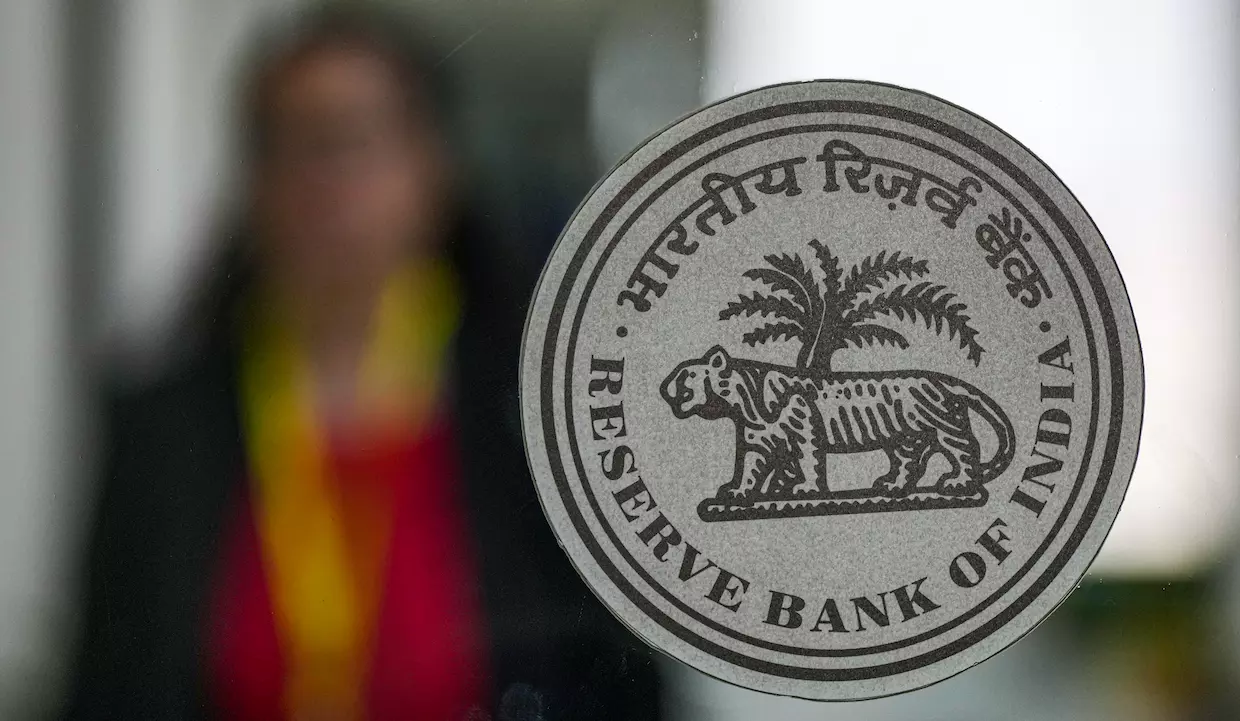
Retail investors should be cautious about Cryptos says RBI
Deccan ChronicleWhat are the FSB’s concerns about crypto asset intermediaries? | Explained
The Hindu
Crypto Is For Criminals? No Real-World Use? 5 Myths About Cryptocurrencies Busted
ABP NewsCrypto should be regulated as gambling, UK lawmakers say
The Hindu
US Fed, regulators jointly warn banks of liquidity risks from cryptocurrencies
Live Mint
The way forward on crypto regulations
Hindustan Times
Cryptos Are Nothing but Gambling, Their Value Only Make-Believe: RBI Governor
News 18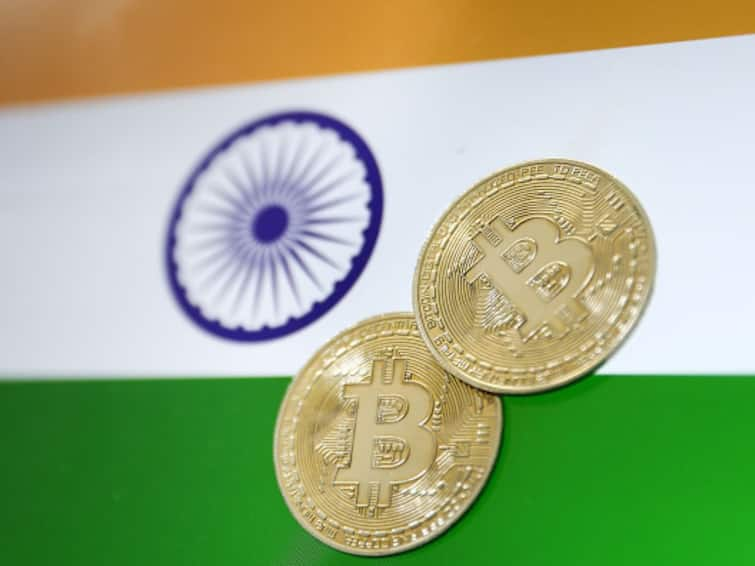
Budget 2023: What Awaits The Crypto Sector? Everything You Need To Know
ABP NewsBinance CEO Zhao says don't fight crypto, regulate it
The Hindu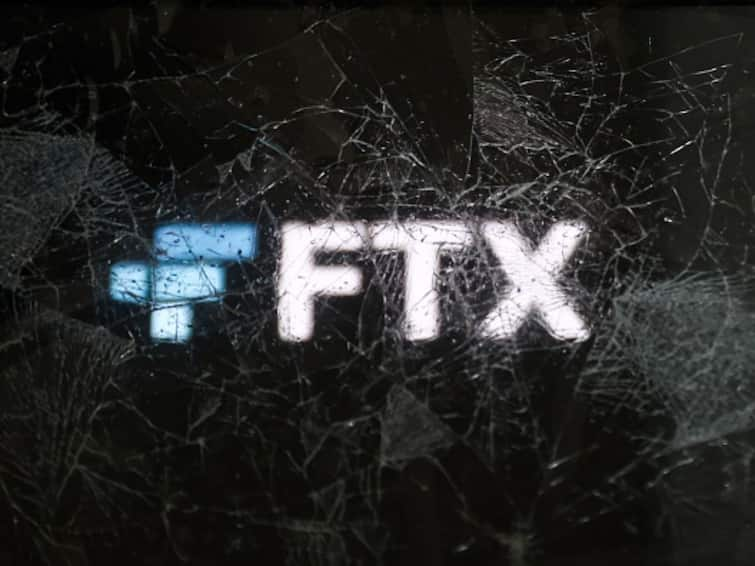
FTX Crash Aftermath: What More Regulation Could Mean For The Future Of Digital Currencies
ABP News
Top US regulators say crypto poses financial stability risks
Associated Press
Crypto Exchanges Now Required To Notify UK Authorities Of Suspected Sanction Breaches
ABP NewsNew crypto oversight legislation arrives in the U.S. as industry shakes
The Hindu
Understanding cryptocurrencies
Hindustan TimesU.S. state regulator says it believes crypto lender Celsius is “deeply insolvent”
The Hindu)
Cryptocurrencies 'clear danger', says RBI Governor Shaktikanta Das
FirstpostCryptocurrencies clear danger, says RBI Governor
The HinduCrypto came tumbling after
The Hindu
Bubble in the air: The Hindu Editorial on the need for regulating cryptocurrencies
The Hindu
The reasons behind the crashing crypto market
The Hindu
There's a new plan to regulate cryptocurrencies. Here's what you need to know
NPR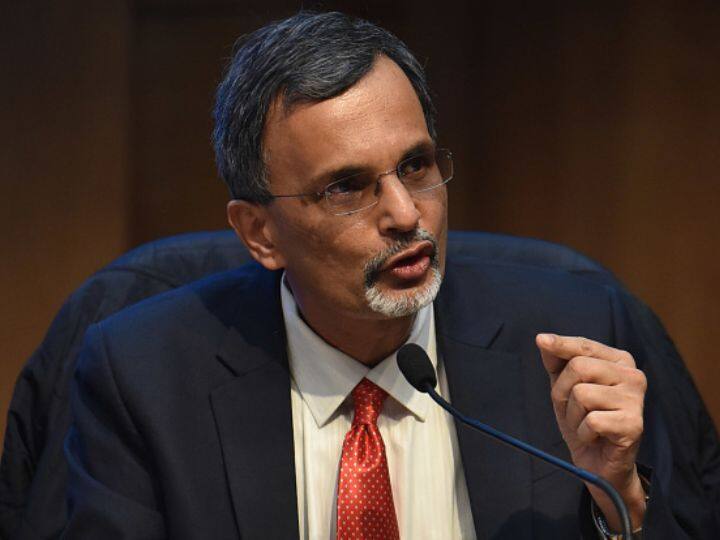
Cryptocurrencies Yet To Pass Test Of Fiat Currency, Says CEA V Anantha Nageswaran
ABP News
Cryptocurrencies to be banned in India? FM Nirmala Sitharaman replies
India Today
Cryptocurrencies are threat to macroeconomic and financial stability, warns RBI governor
India TV News)
Budget 2022: Cryptocurrency sector riddled with bottlenecks; time to bring policy change
FirstpostPrivate cryptocurrencies pose immediate risks to customer protection, prone to frauds: RBI
The Hindu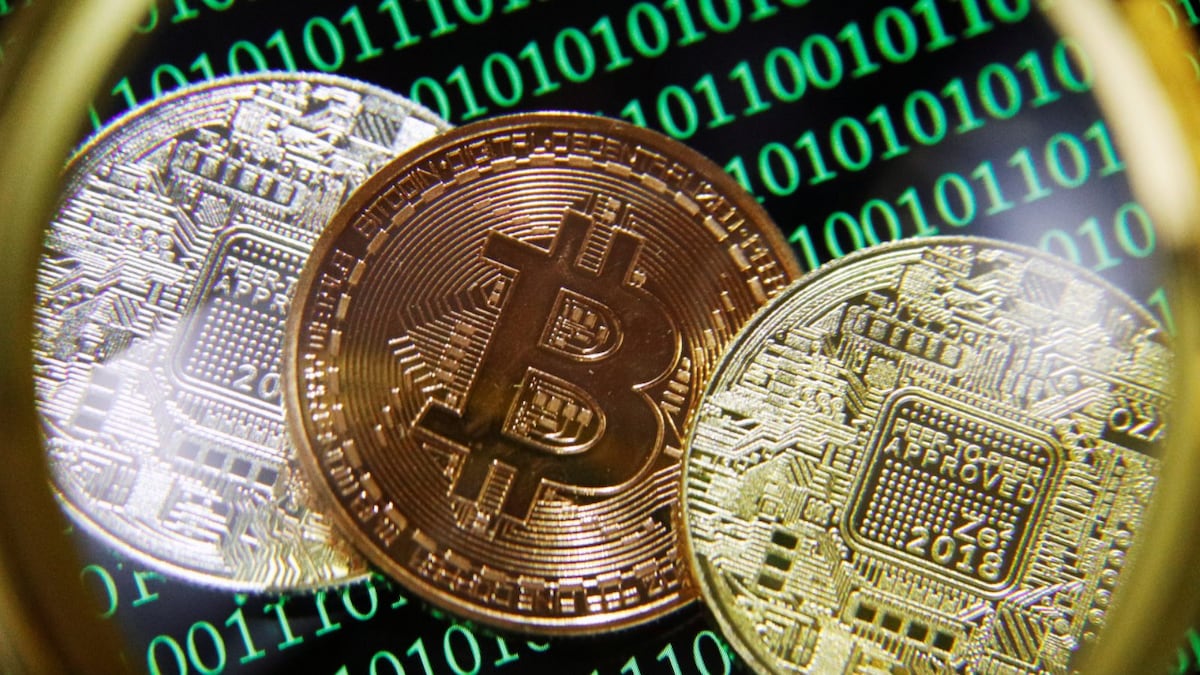
Private Cryptocurrencies Pose Immediate Risks to Customer Protection, Says RBI
News 18
Govt may not ban cryptocurrencies, regulation likely: Reports
India Today
Why regulating cryptocurrencies is a big challenge for govt | OPINION
India TodayU.S. banks must seek regulatory permission before engaging in certain crypto activities: regulator
The HinduRegulating cryptocurrencies: Treating them as speculative assets
The HinduExplained | Why are so many investors rallying behind bitcoin?
The Hindu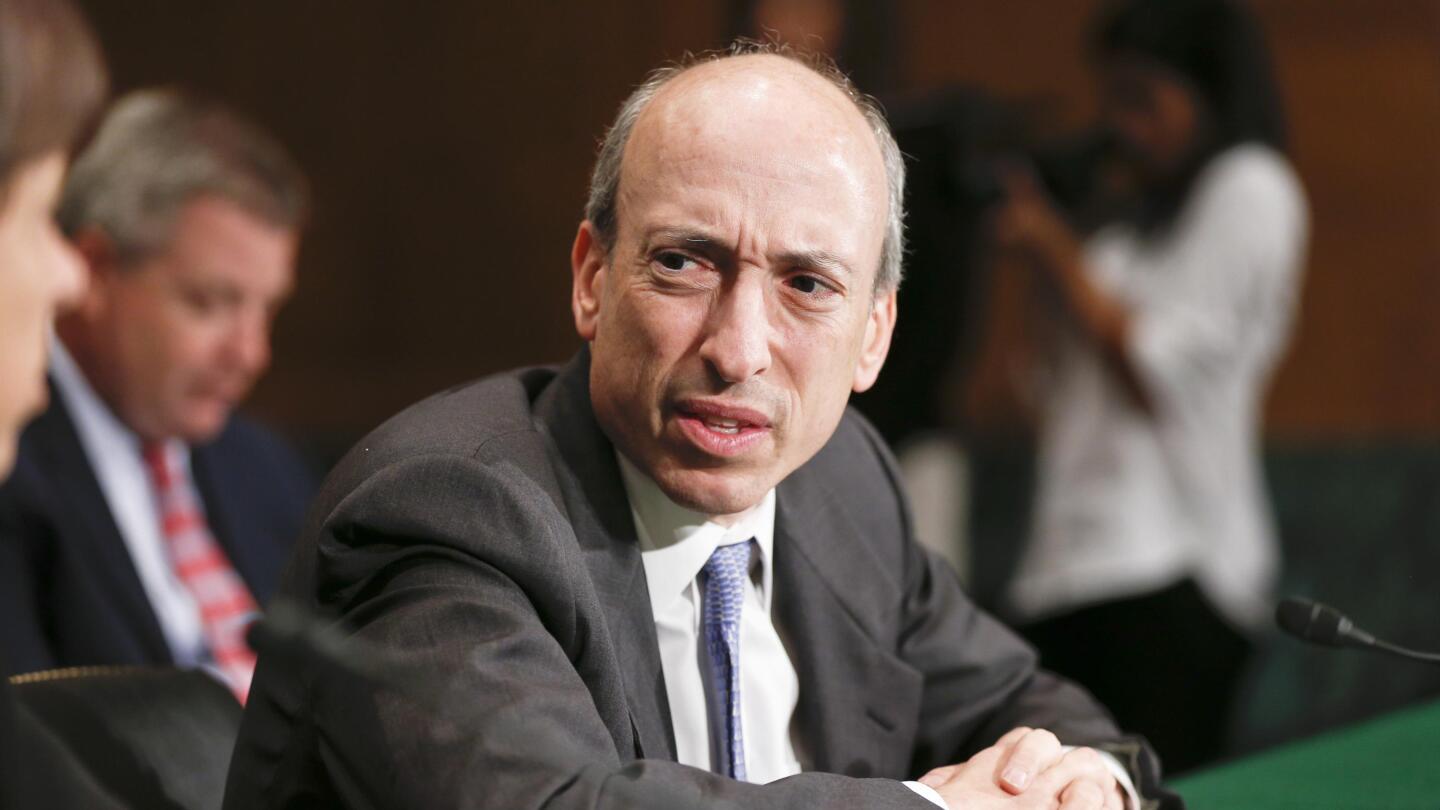
SEC’s Gensler says crypto investors need more protection
Associated Press
White House reviews ‘gaps’ in cryptocurrency rules as bitcoin swings wildly
The Independent
Experts back govt's hard line on cryptocurrencies
China Daily
Cryptocurrencies are having a wild 2021.
Slate
Cryptocurrency has the power to revolutionise a corrupt banking system
The IndependentDiscover Related








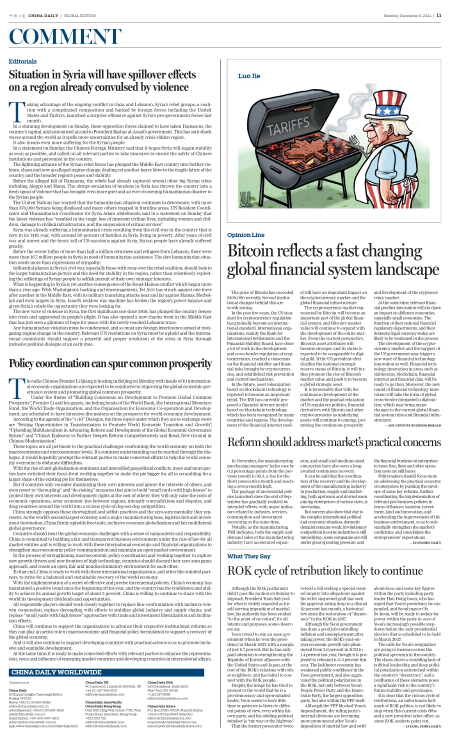


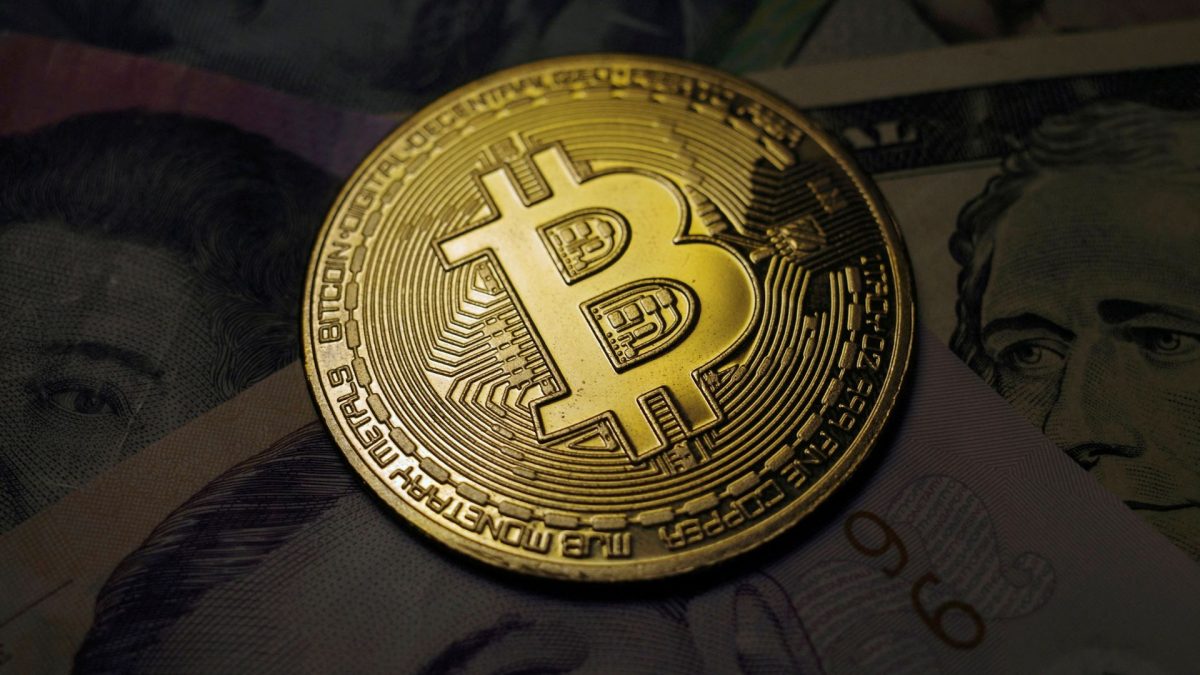)








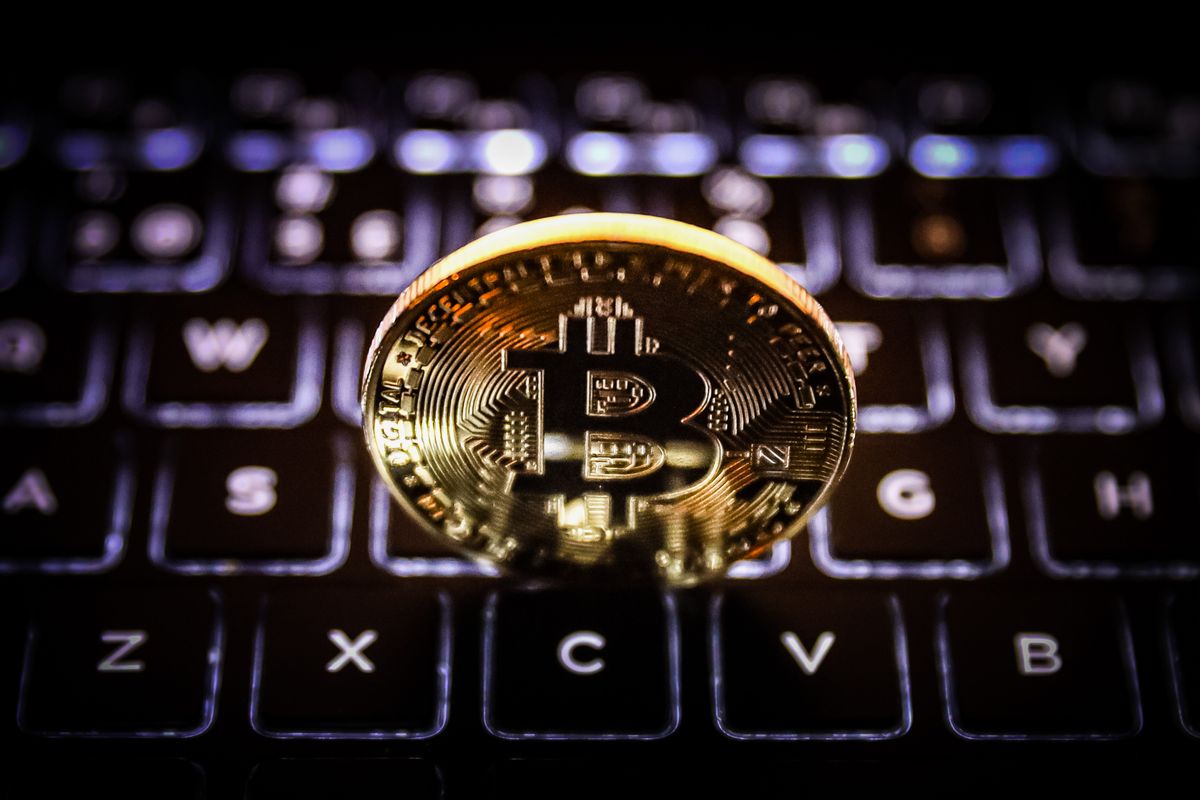




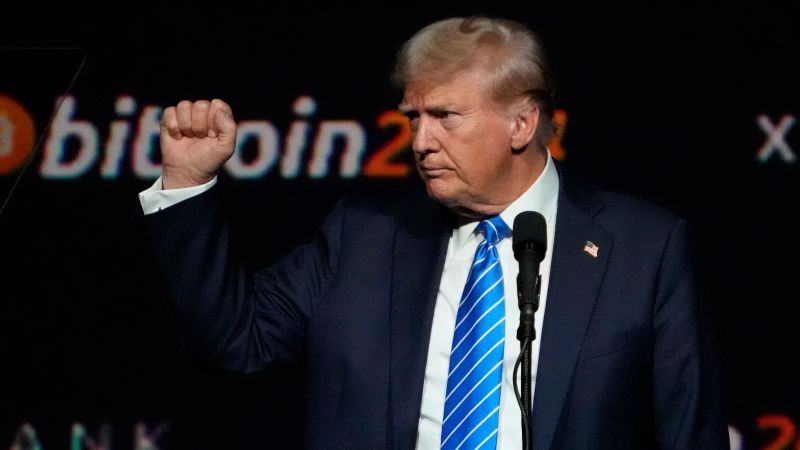






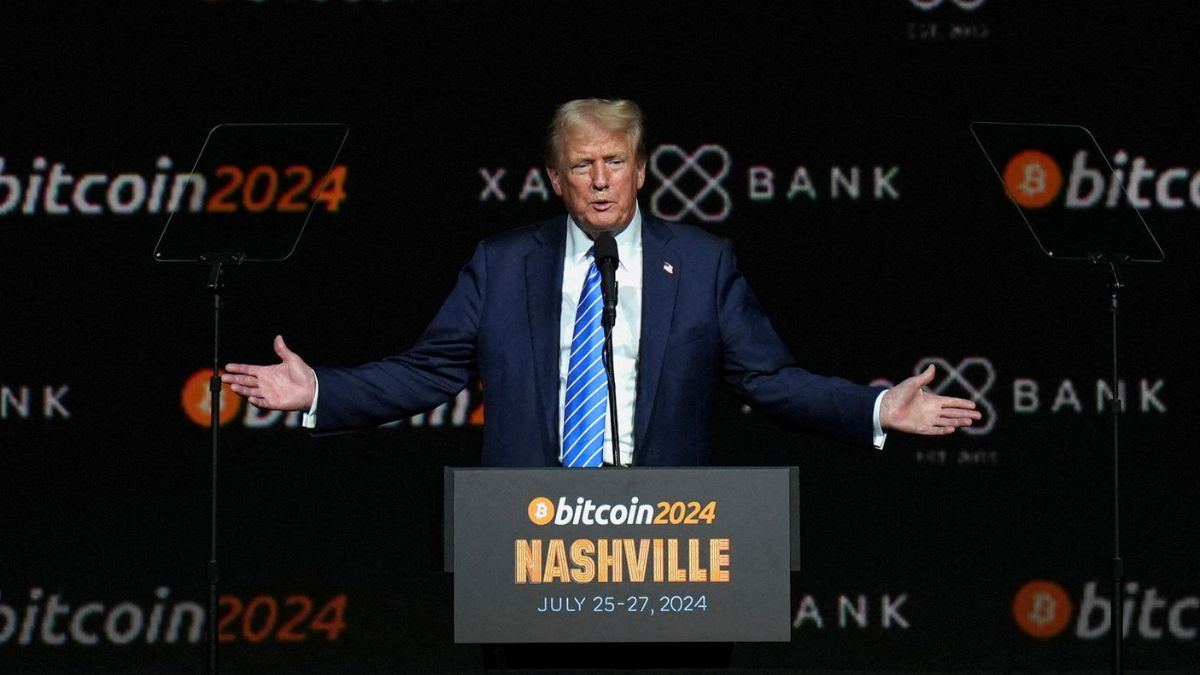)





